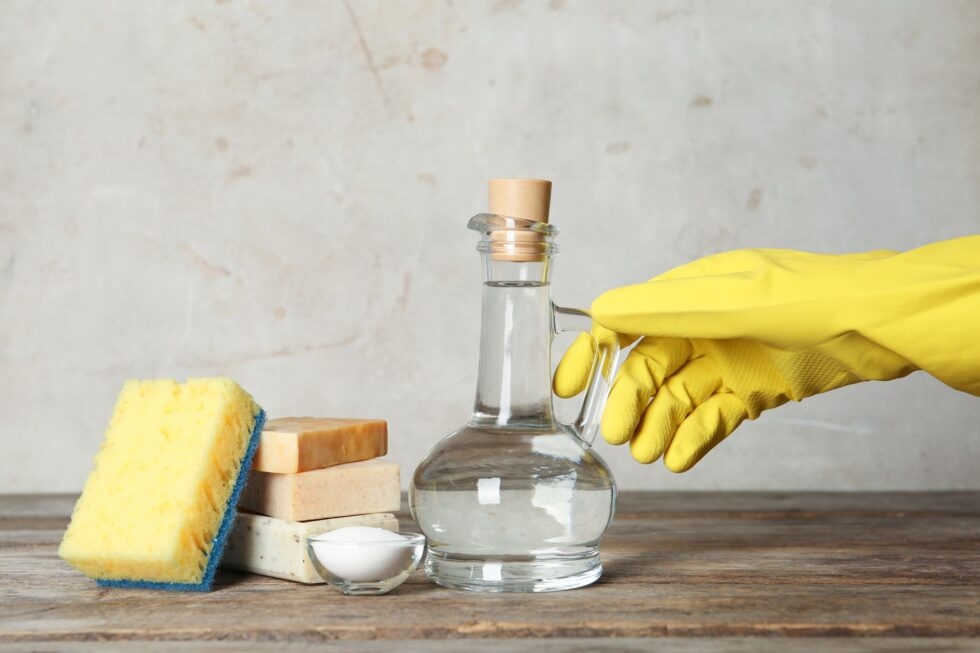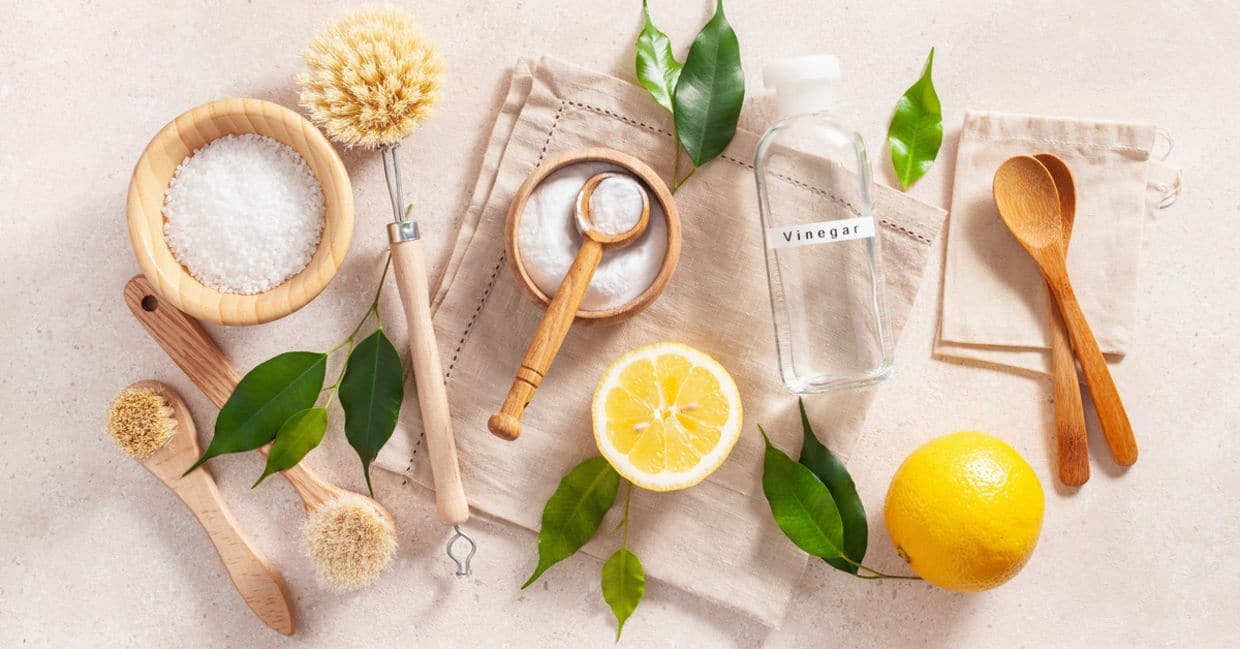In the quest for a clean and healthy home, many homeowners find themselves torn between natural cleaning agents like baking soda and vinegar and the powerful cleaning capabilities of chemical cleaners. The dilemma arises from concerns about effectiveness, safety, and environmental impact. Many options are available. It can be overwhelming to navigate them and choose the right one for your home and family.
The frustration mounts as homeowners grapple with the trade-offs of using natural versus chemical cleaners. On one hand, natural options like baking soda and vinegar are touted for their eco-friendliness and non-toxic properties. However, doubts linger about their cleaning power. They're not good at tackling tough stains and bacteria well. Meanwhile, chemical cleaners promise unmatched cleaning performance but come with potential health risks and environmental concerns that cannot be ignored. It's hard to balance cleaning power and safety. This leaves homeowners feeling unsure and overwhelmed.
But fear not, for there is a solution to this cleaning problem. By understanding the strengths and weaknesses of both natural and chemical cleaners, homeowners can make informed decisions prioritizing cleanliness and safety. Baking soda and vinegar may excel at removing everyday stains and odors. In contrast, chemical cleaners offer targeted solutions for tough messes and disinfection. Carefully assess your cleaning needs. Consider factors like safety, sustainability, and effectiveness. Then, choose the right cleaning products that fit your values and priorities. Remember, whether you pick natural or chemical cleaners. MyCleaningAngel is here to help you. They will help you on your journey to a clean and healthy home.
Baking Soda and Vinegar: Cleaning Properties

Baking soda and vinegar seem humble. They are kitchen staples. But, their cleaning power is remarkable. They have a chemical composition and a reaction mechanism. They make a duo that can tackle many cleaning tasks. They cut through grease and grime. They banish stubborn stains. They have no limits. And the best part? They're eco-friendly and non-toxic. They are safe for your family and the environment.
Chemical Cleaners: Cleaning Properties
Chemical cleaners come in many types, each targeting specific stains and surfaces. They range from acidic to alkaline cleaners. They have powerful ingredients that dissolve dirt and grime easily. But strong cleaning power comes with great responsibility. We cannot ignore the health and environmental risks many chemical cleaners pose.
Comparison of Cleaning Performance
When it comes to cleaning, the proof is in the pudding. Or rather, the sparkling surfaces. Baking soda and vinegar are great at removing common household stains, like grease and soap scum. They also disinfect and remove odors. Chemical cleaners may offer better performance. They target specific types of stains and bacteria. But what is their cost to your health and the environment?
Considerations for Choosing Cleaning Agents
As you weigh your options for cleaning agents, several factors should be considered. Safety should always be the top concern for pets, children, and sensitive people. Likewise, the environmental impact and sustainability of your chosen cleaning products cannot be overlooked. Don't forget about cost and availability. Also, consider your specific cleaning needs and preferences.
Case Studies and Real-Life Experiences
To understand how well baking soda and vinegar clean, let's compare them to chemical cleaners. We'll use real-life experiences. Many people swear by the natural cleaning power of baking soda and vinegar. Testimonials and anecdotes about it abound. Those who demand hard evidence get it from experiments and demonstrations. These show how well cleaning works.
FAQs
1. Is it safe to mix baking soda and vinegar with chemical cleaners?
Mixing baking soda and vinegar with chemical cleaners is generally not recommended, as the combination can produce harmful fumes or reactions. It's best to use them separately and follow the instructions on each product carefully.
2. Can baking soda and vinegar replace all chemical cleaners?
While baking soda and vinegar can effectively clean many surfaces and stains, they may not suit every cleaning task. Some chemical cleaners are specifically formulated to target tough stains or bacteria, so assessing your cleaning needs and choosing the appropriate cleaner is important.
3. Are there any specific surfaces or materials that should not be cleaned with baking soda and vinegar?
Baking soda and vinegar are generally safe for most surfaces, but they may not be suitable for delicate materials like marble or granite. To ensure compatibility, it's always a good idea to test them on a small, inconspicuous area first.



